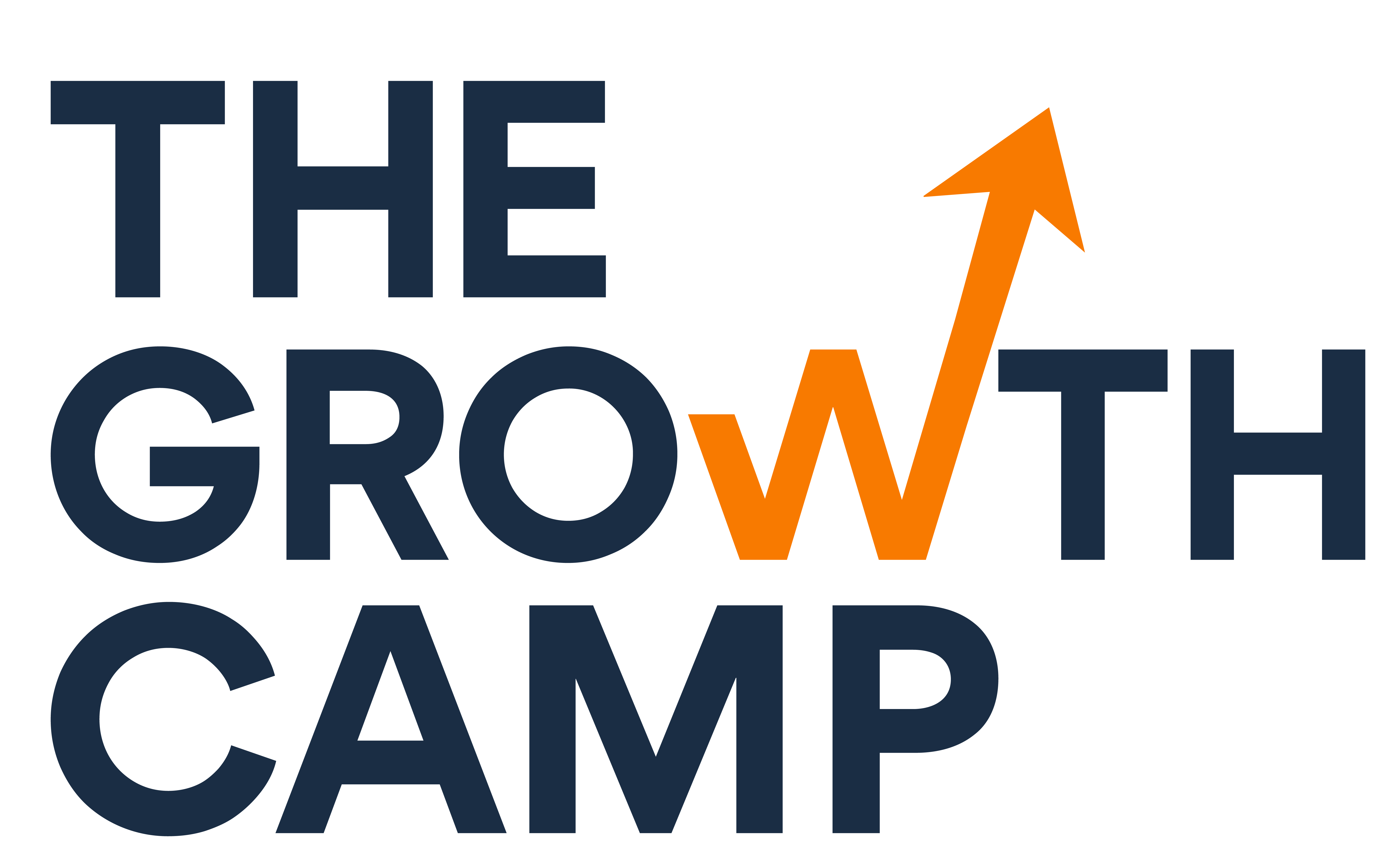With digital marketing, data is king. The ability to track, analyze, and interpret data is crucial for creating effective marketing strategies and driving business growth. Here are five essential data tracking tools that every digital marketer should have in their toolkit.
1. Google Analytics
Google Analytics is a staple for digital marketers, offering comprehensive insights into website traffic and user behavior. This powerful tool provides a wealth of data that can help you understand how visitors interact with your site.
Key Features:
- Traffic Analysis: Track the number of visitors, page views, and session duration.
- User Behavior: Analyze how users navigate your site, including their entry and exit points.
- Audience Insights: Gain demographic and geographic information about your audience.
- Conversion Tracking: Measure the effectiveness of your marketing campaigns by tracking goal completions.
Benefits:
- In-Depth Analysis: Detailed reports help you understand what’s working and where improvements are needed.
- Customization: Set up custom reports and dashboards to track the metrics that matter most to your business.
- Free: Google Analytics offers a robust set of features at no cost.
2. HubSpot
HubSpot is an all-in-one marketing, sales, and service platform that includes powerful data tracking capabilities. It’s particularly valuable for inbound marketing strategies.
Key Features:
- Lead Tracking: Monitor the entire customer journey, from initial contact to conversion.
- CRM Integration: Seamlessly integrate with HubSpot’s CRM to track and manage customer interactions.
- Marketing Analytics: Analyze the performance of your email campaigns, social media posts, and landing pages.
- Attribution Reporting: Understand which channels and campaigns are driving the most conversions.
Benefits:
- Holistic View: Get a complete picture of your marketing efforts and their impact on your sales pipeline.
- Automation: Automate marketing tasks and workflows to save time and improve efficiency.
- User-Friendly: HubSpot’s intuitive interface makes it easy to navigate and use.
3. SEMrush
SEMrush is a powerful tool for SEO and competitive analysis, offering extensive data tracking capabilities. It’s ideal for marketers looking to improve their search engine rankings and understand their competitive landscape.
Key Features:
- Keyword Tracking: Monitor the performance of your target keywords and discover new opportunities.
- Backlink Analysis: Track your backlink profile and identify high-quality link-building opportunities.
- Competitor Analysis: Analyze your competitors’ strategies, including their top-performing keywords and content.
- Site Audit: Perform comprehensive audits to identify technical SEO issues and improve site health.
Benefits:
- Comprehensive Data: Access a wealth of data to inform your SEO and content marketing strategies.
- Actionable Insights: Get practical recommendations to enhance your search visibility and website performance.
- Competitive Edge: Stay ahead of the competition by understanding their strengths and weaknesses.
4. Mixpanel
Mixpanel is a sophisticated analytics tool designed to track user interactions and behaviors within your digital products. It’s especially useful for businesses with web and mobile applications.
Key Features:
- Event Tracking: Monitor specific user actions, such as clicks, sign-ups, and purchases.
- Funnels: Analyze user journeys and identify drop-off points to optimize conversion rates.
- Cohort Analysis: Group users based on shared characteristics to understand their behaviors over time.
- A/B Testing: Test different variations of your product or marketing campaigns to determine what works best.
Benefits:
- User-Centric Insights: Gain a deep understanding of how users interact with your products.
- Optimization: Use data to improve user experiences and increase engagement and retention.
- Scalability: Mixpanel’s robust features cater to businesses of all sizes, from startups to enterprises.
5. Hotjar
Hotjar is a behavior analytics tool that provides visual insights into how users interact with your website. It’s perfect for understanding user experience and identifying areas for improvement.
Key Features:
- Heatmaps: Visualize where users click, move, and scroll on your pages.
- Session Recordings: Watch recordings of individual user sessions to see exactly how they navigate your site.
- Surveys and Feedback: Collect direct feedback from your users to understand their needs and preferences.
- Conversion Funnels: Identify where users drop off in the conversion process and optimize accordingly.
Benefits:
- Visual Data: Easily interpret user behavior with visual tools like heatmaps and recordings.
- User Feedback: Gather qualitative data to complement your quantitative analytics.
- Improvement Insights: Identify usability issues and opportunities to enhance the user experience.
In the competitive landscape of digital marketing, data tracking is essential for making informed decisions and optimizing your strategies. Tools like Google Analytics, HubSpot, SEMrush, Mixpanel, and Hotjar provide invaluable insights into your audience, their behaviors, and the effectiveness of your campaigns. By leveraging these tools, you can refine your marketing efforts, enhance user experiences, and ultimately drive better results for your business. Embrace the power of data tracking and stay ahead in the ever-evolving digital marketing world.


Leave a Reply